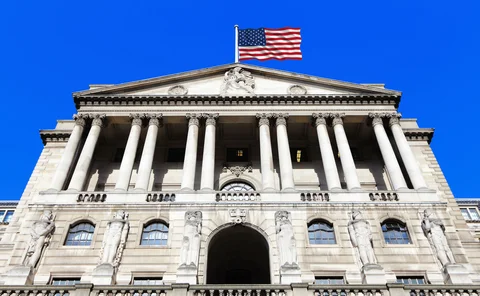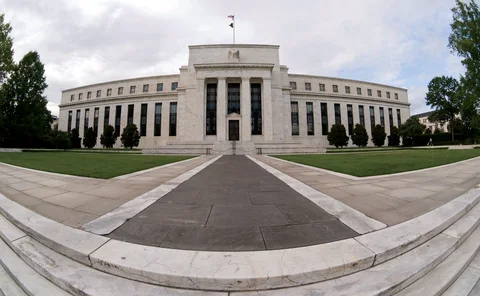Basel III
WHAT IS THIS? Basel III is a set of bank soundness rules drawn up by the Basel Committee on Banking Supervision in response to the financial crisis. It hikes the minimum amount of capital banks must hold, introduces new leverage and liquidity ratios, and limits the use of internal models.
Canada’s top dealers boost derivatives clearing as FRTB kicks in
BMO, RBC and TD Bank cleared record C$45.1 trillion in notionals in Q1
Driving a modern operational resilience program
Strengthen your operational resilience processes, meet pertinent regulatory requirements in this space and enhance business continuity practices with the help of high-performance GRC technology
CFTC hears ‘call to action’ from swaps end-users on Basel III
Commissioner Pham mulls engaging with prudential regulators over capital hit on clearing
Snail race: the slow growth of securities lending CCPs
There’s underlying appetite to clear, but a structure to suit all participants is proving elusive
Canadian banks’ market RWAs spike on FRTB switch
CIBC, TD Bank and Scotia saw end-January charges jump amid overall ditching of internal models at Canada’s Big Five
Deposit insurance could transform outlook for China TLAC
Issuance needs drop dramatically if regulators allow maximum inclusion of deposit insurance fund
Canada’s FRTB pioneers get snowed on fund-linked trades
As Basel capital reforms go live, risk managers eye early adopters’ progress and push to improve capital treatment of fund-linked products
Higher revenue pushes HSBC’s op risk up 14%
Increased net interest income over 2023 major driver behind six-year high figure
US dealers slam capital hit on clearing for unreal CVA risk
Fed would diverge from Basel standards by imposing CVA capital on client-cleared trades
Why Canada is giving FRTB internal models the cold shoulder
“Crazy” cost of tech upgrades among reasons why banks snub own models to calculate market risk capital
No Canadian banks using internal models as FRTB kicks in
One bank still plans to adopt IMA after delays prevented it going live in January
BoE puts American spin on fix for FRTB’s govvies dilemma
Four jurisdictions find four different ways to resolve Basel market risk capital quirk
UBS predicts RWA cuts hampered by Basel III, model updates
Planned wind-down of unwanted Credit Suisse assets to be offset by $25 billion in add-ons
RBI’s op risk charges climb 22% on input-series update
Recalibration reverses savings from discontinuation of AMA a year earlier
Basel’s cherry-picking toughens IRRBB shock scenarios
European banks want higher outlier thresholds to offset higher confidence level in new standard
Taming the systemic risk Hydra: 10 years of mandatory clearing
Regulators, clearers and market participants reflect on a decade of the clearing requirement
Bank of China issuance not ‘sufficient’ to cover TLAC needs
Announced issuance still only a fraction of total bail-in debt needs for Chinese G-Sibs
The impact of the Fundamental Review of the Trading Book: evaluation on a stylized portfolio
The authors investigate banks' market risk capital requirements under the internal models approach through the lens of the Basel Fundamental Review of the Trading Book, using data from the period 2007-19.
Basel III endgame expected to push PNC’s RWAs up 3%
Forecast from US regional much tamer than increases expected by advanced-approach banks
Regulators’ FRTB estimates based on faulty premise – industry study
US market risk capital requirements could more than double if banks abandon IMA
BNP Paribas USA in line for $1.2bn capital reprieve
Bank’s subsidiary small enough to escape stress capital buffer under current rules
Bank balancing: optimising margin and capital in a higher-rate environment
This Risk.net paper, which features leading practitioner insights, assesses the challenges banks are facing in the new higher rate environment and the strategies and tools they are using to optimise margin and capital on their derivatives portfolios.
FRTB could put Indian banks at competitive disadvantage
Simplified approach could leave local banks with higher capital charges than foreign branches
ABN Amro ditches op risk modelling
Dutch lender latest EU bank to switch to the standardised approach ahead of SMA introduction in 2025






















